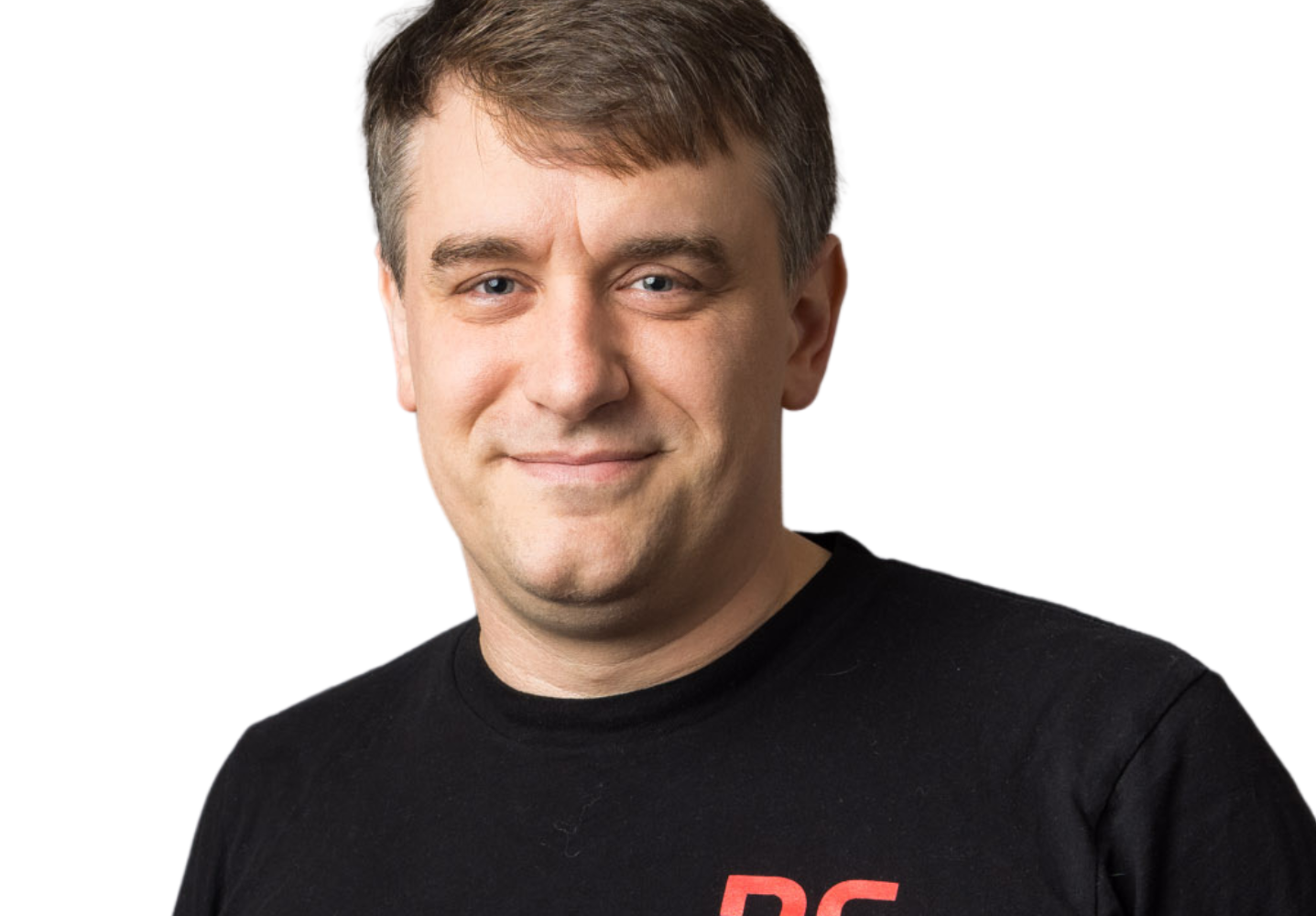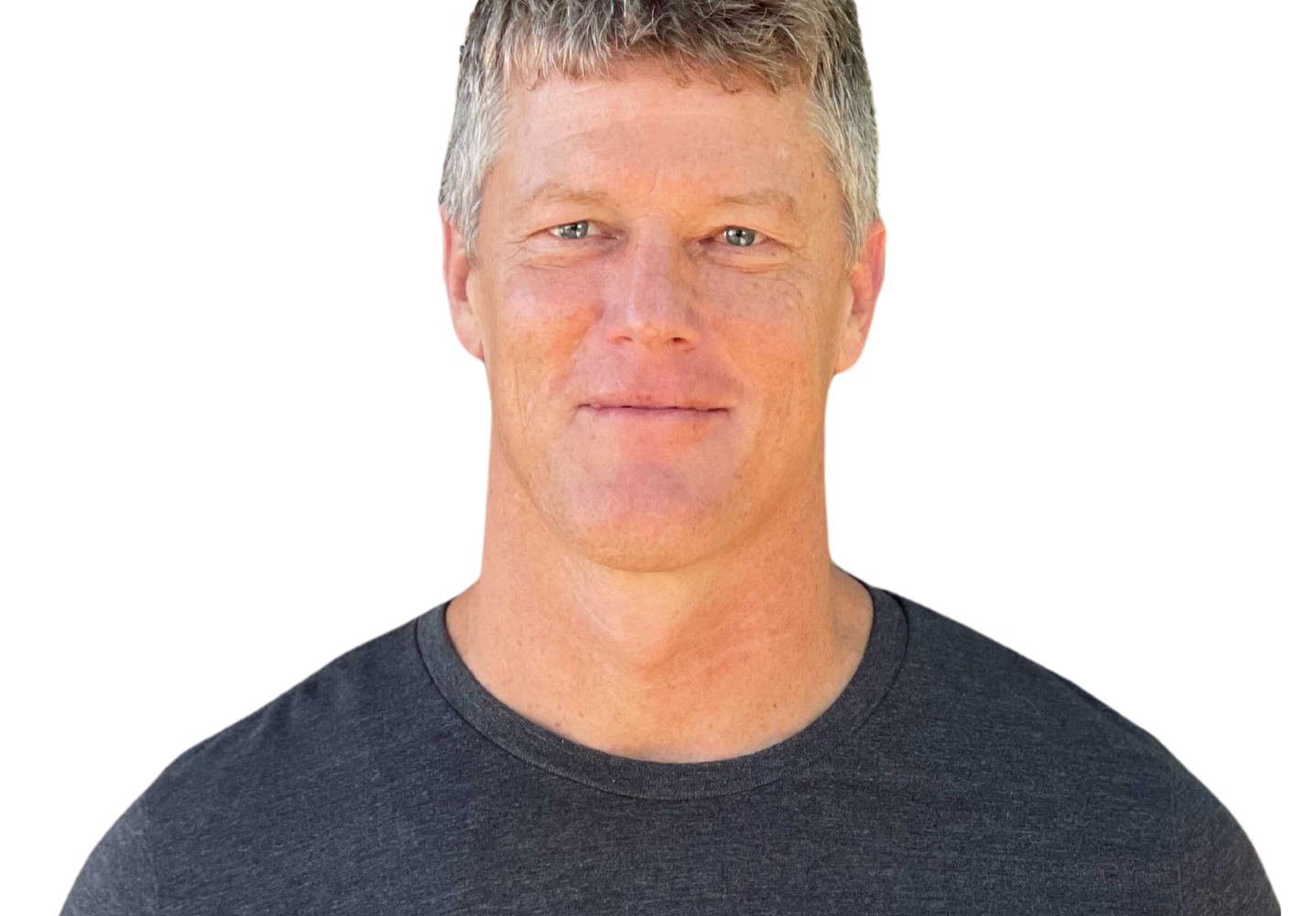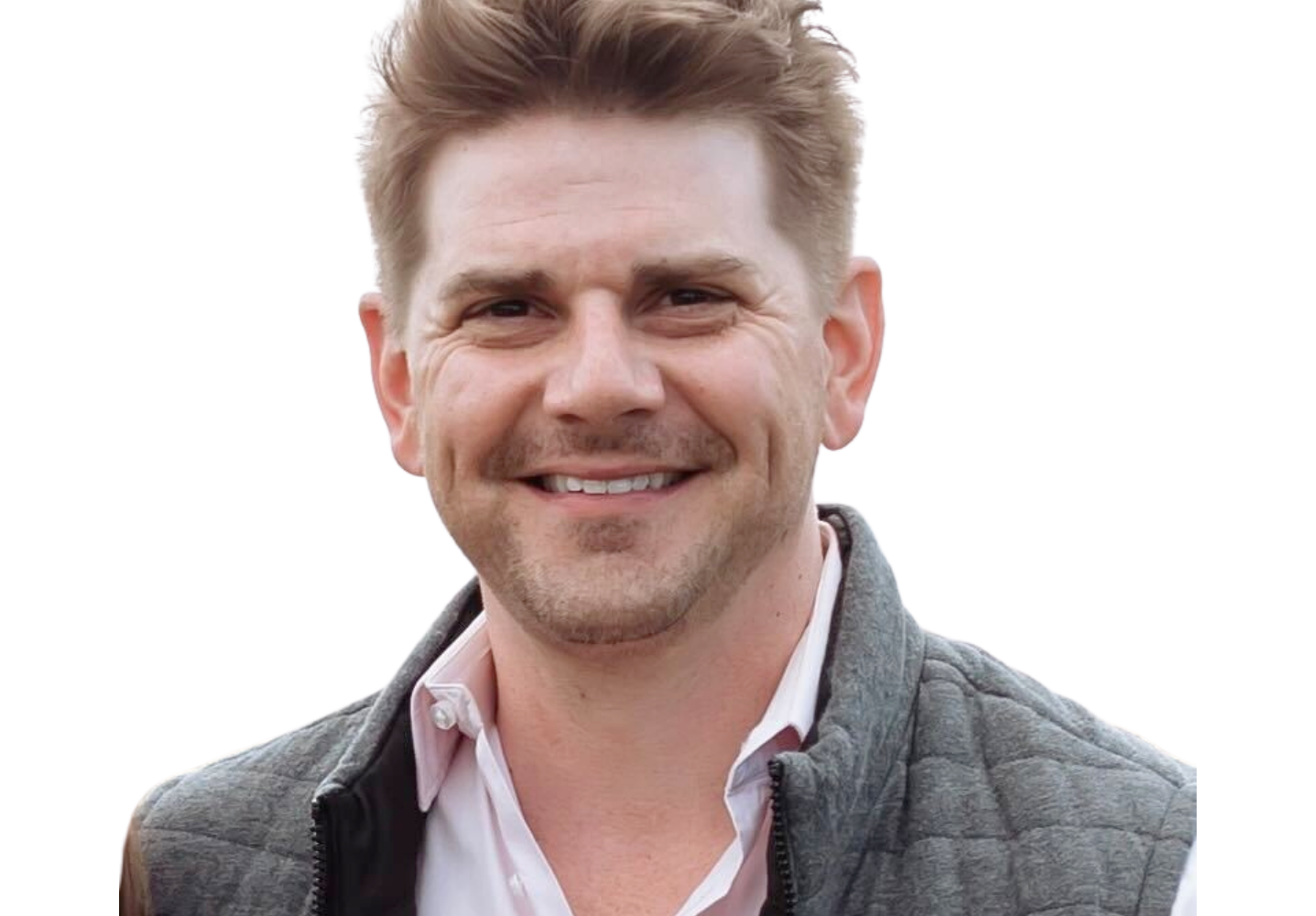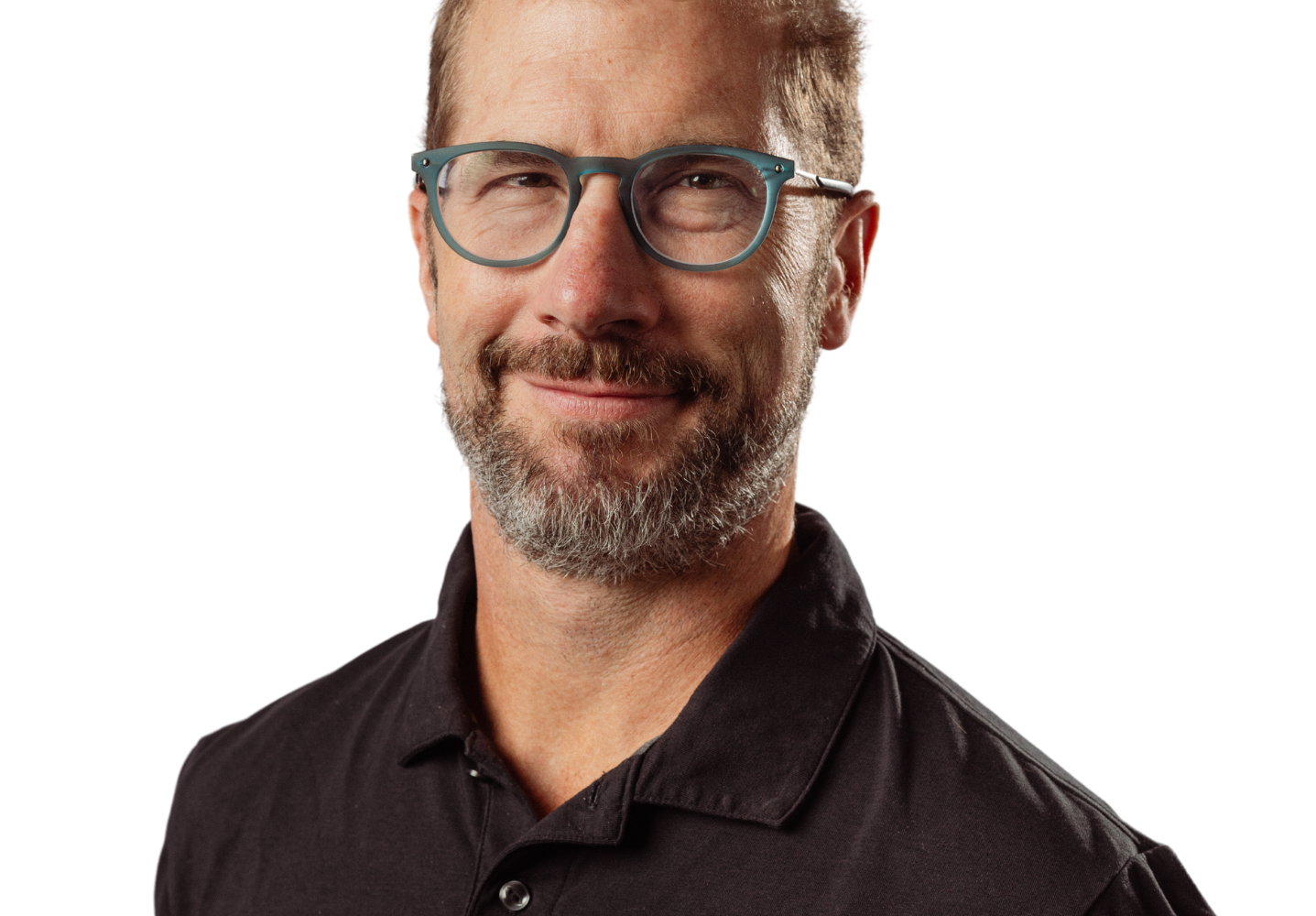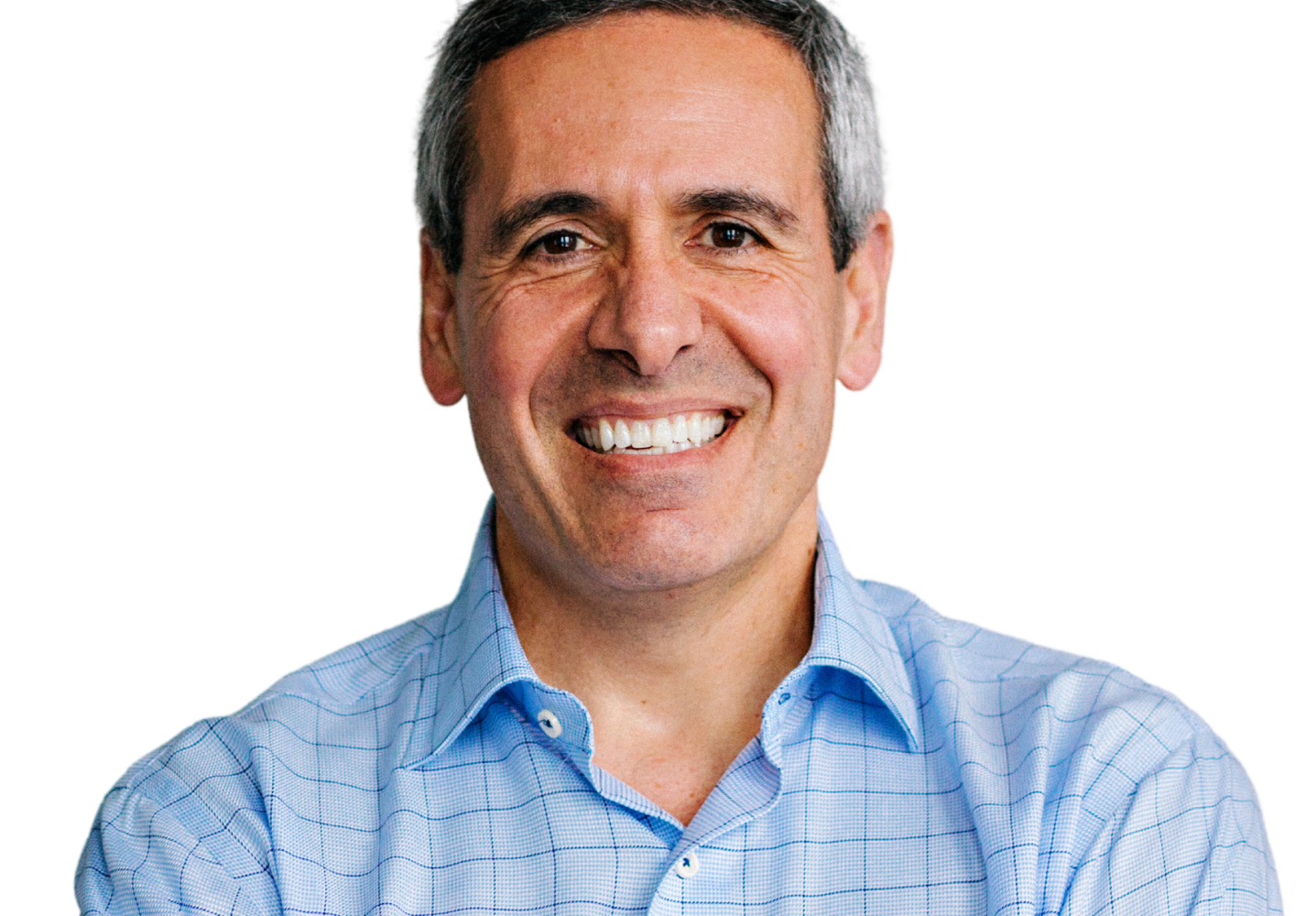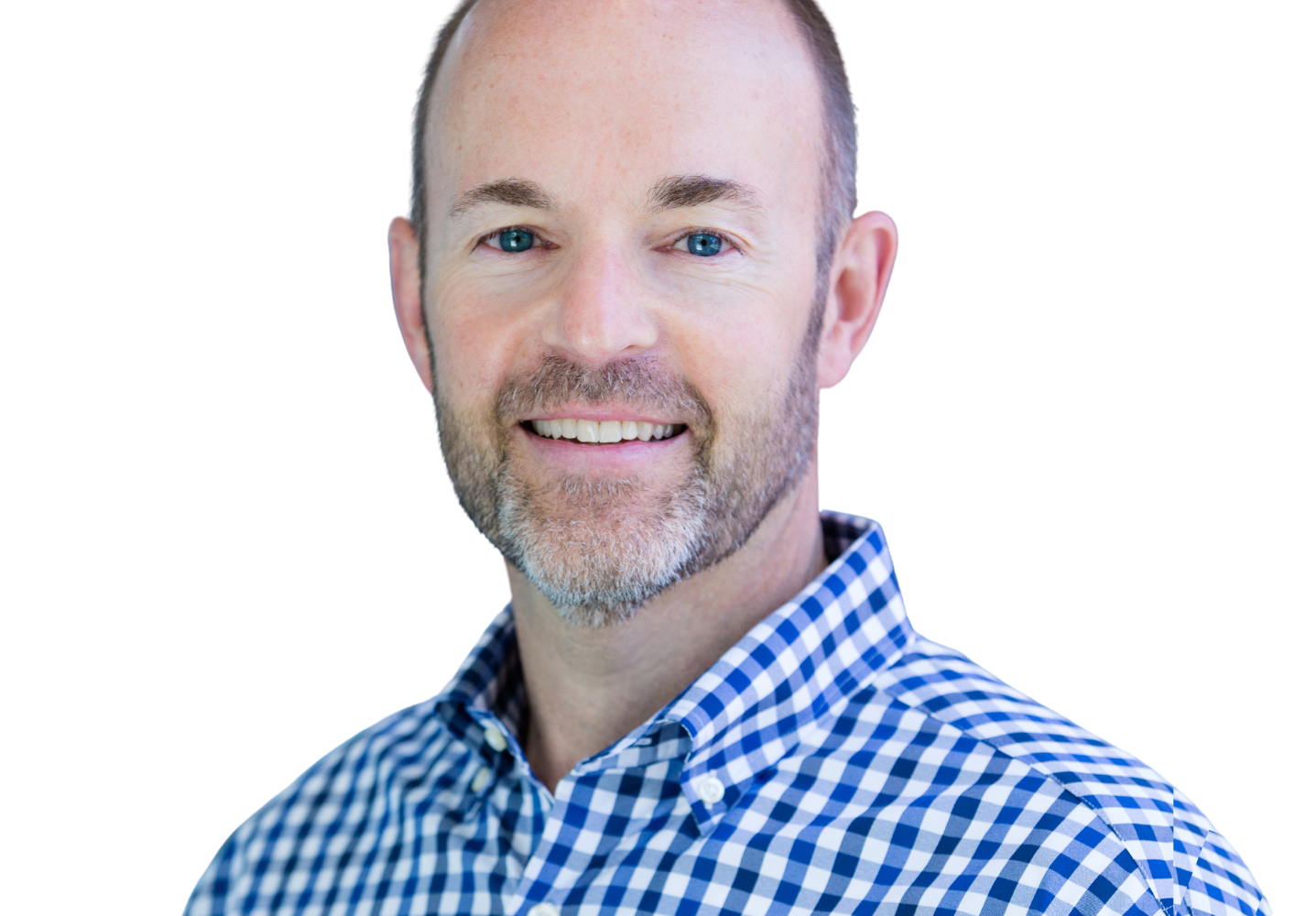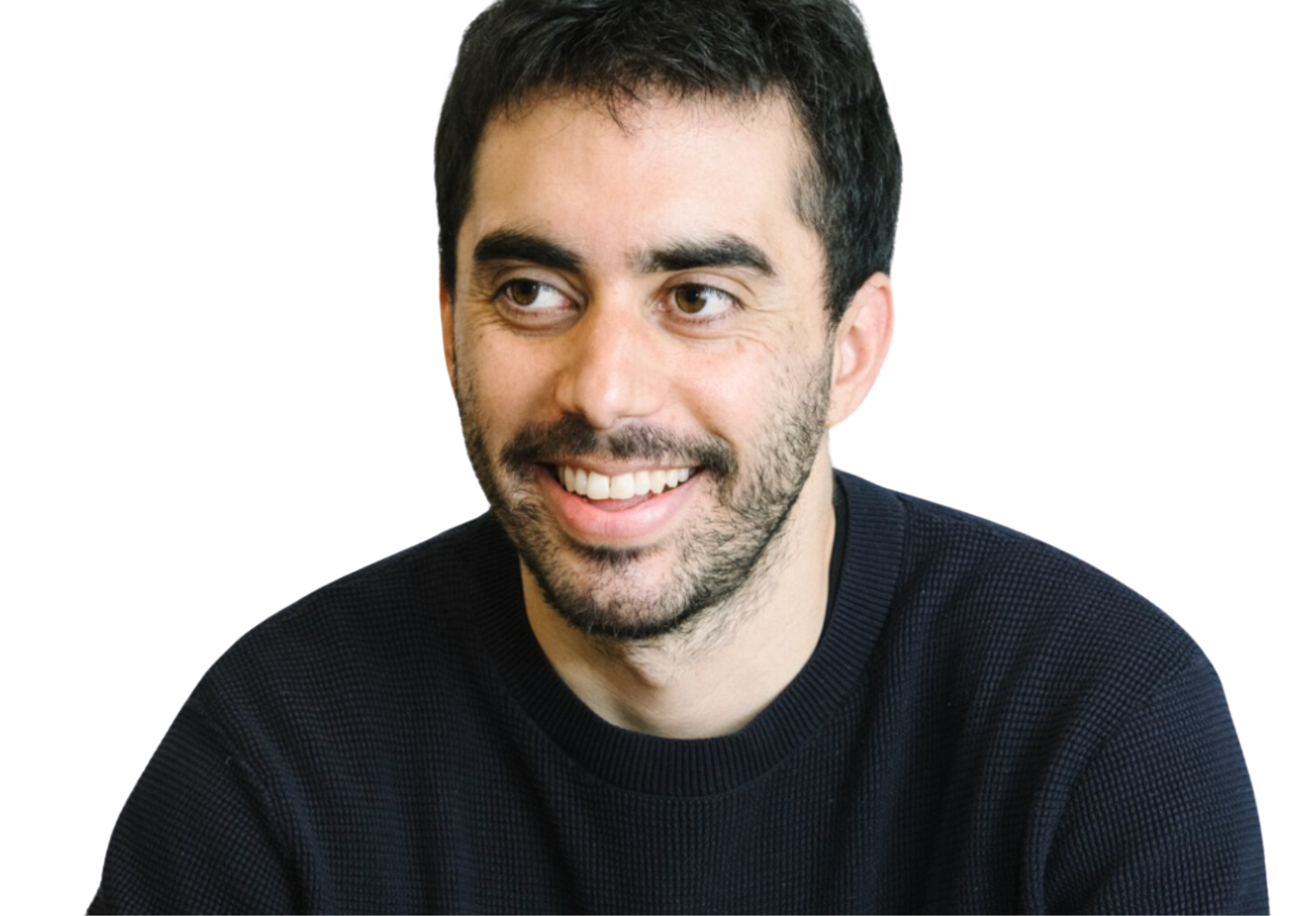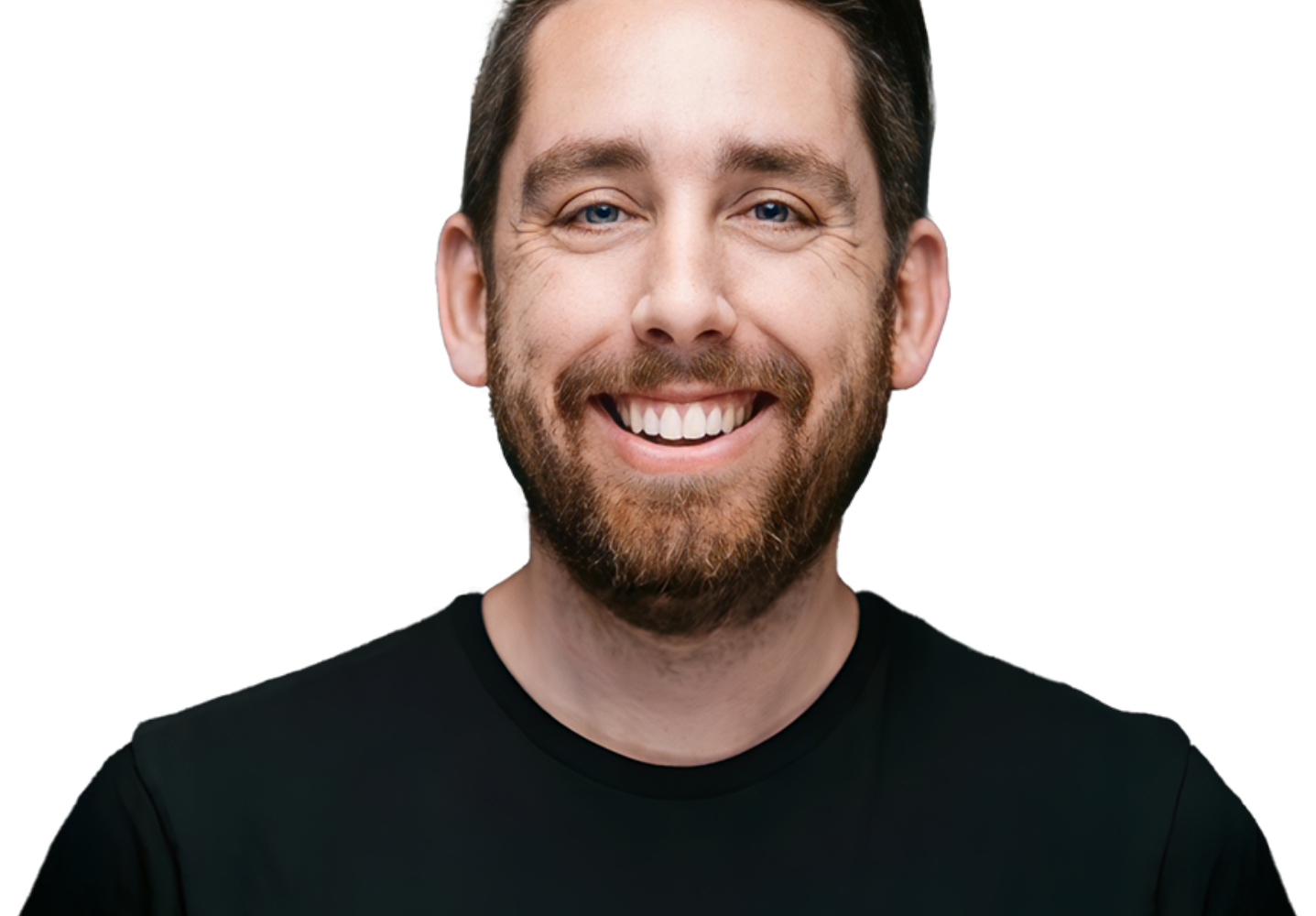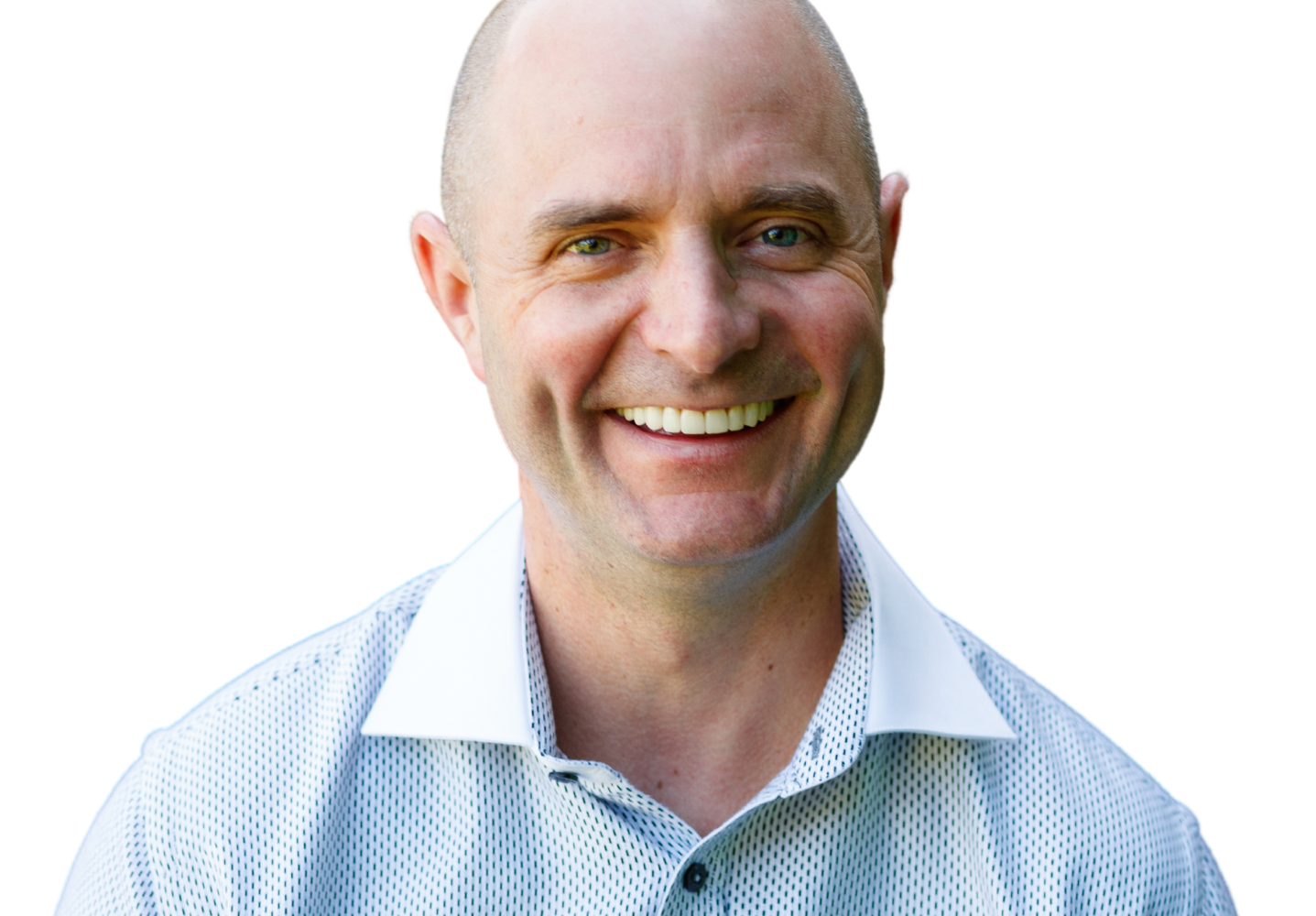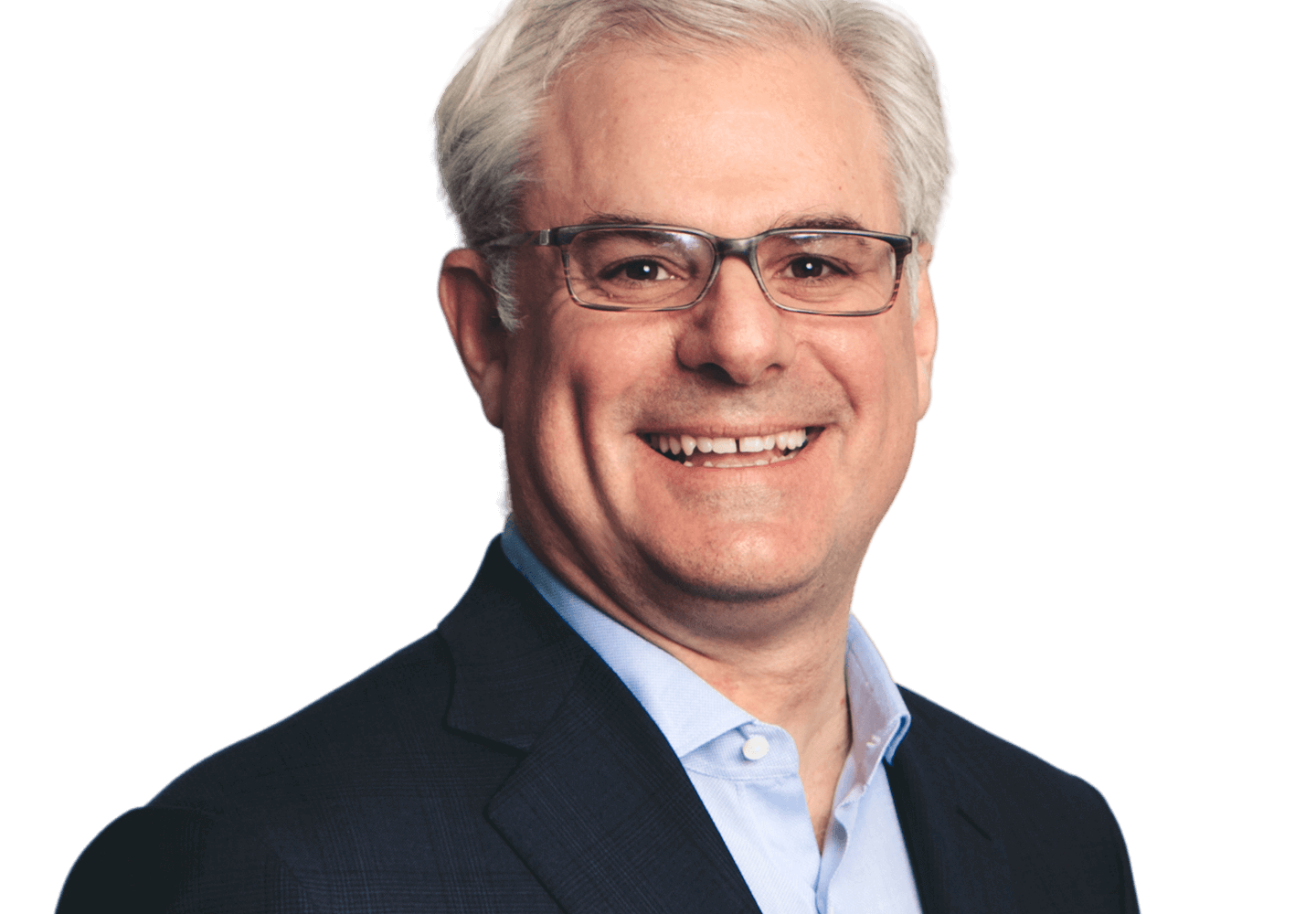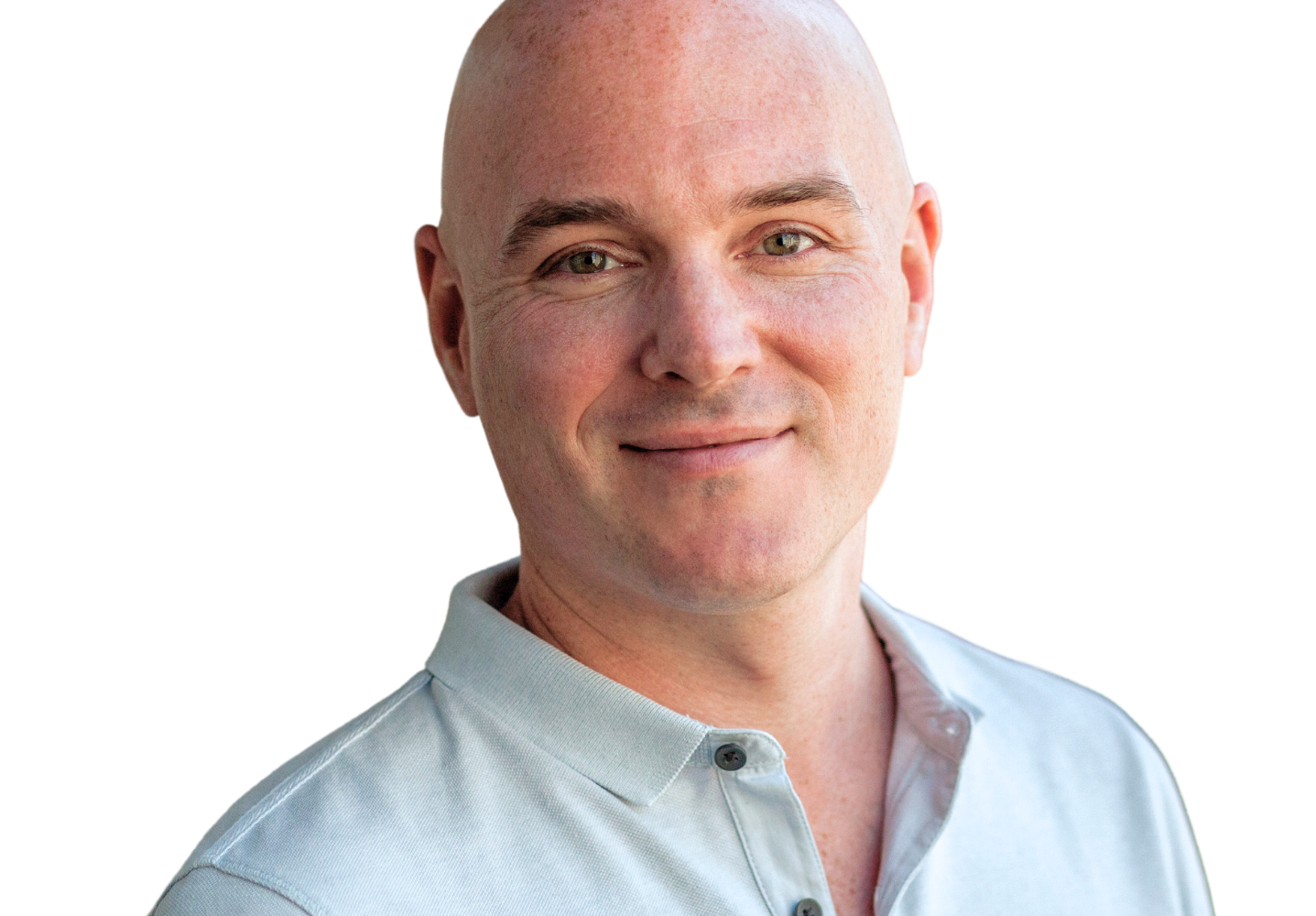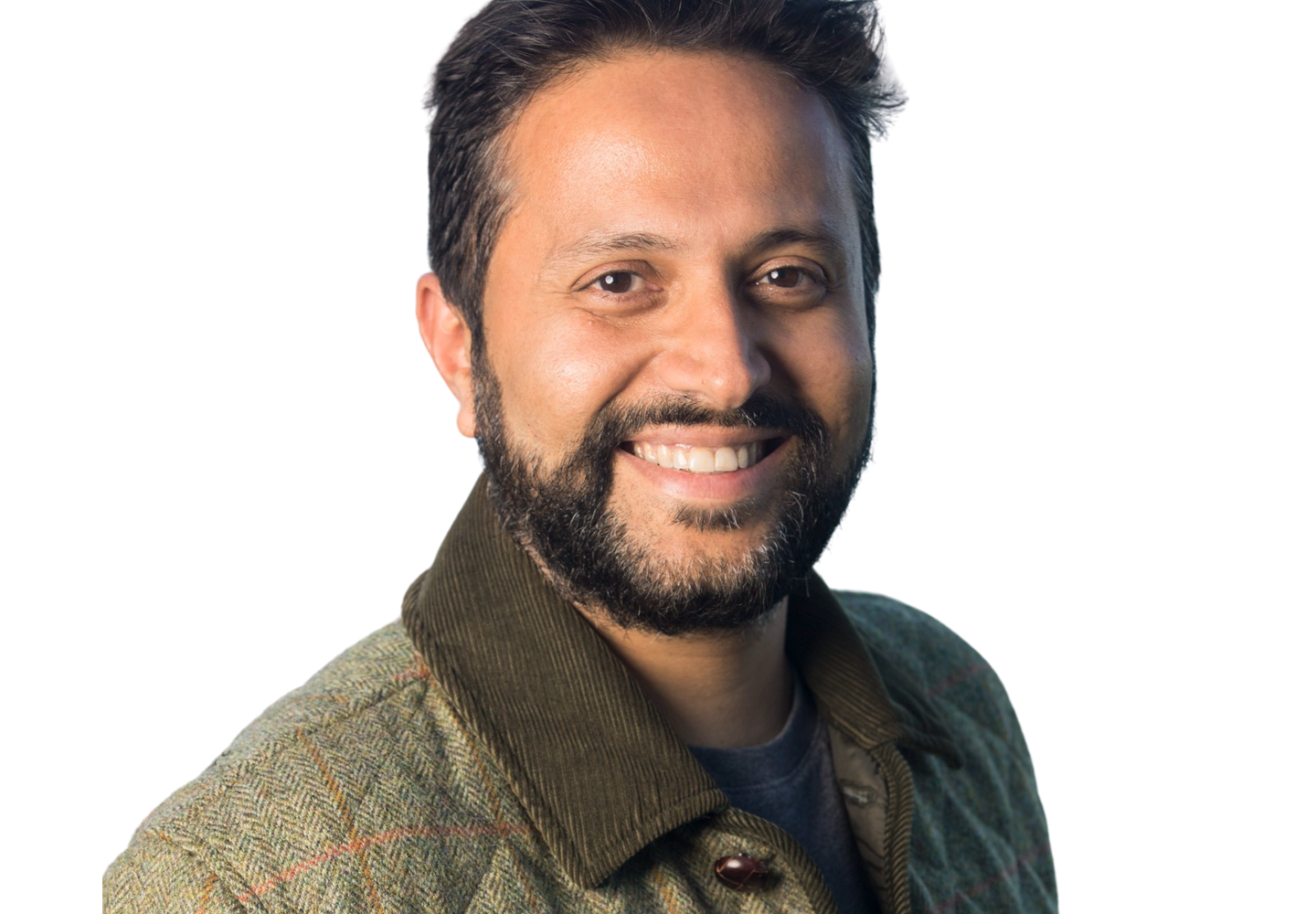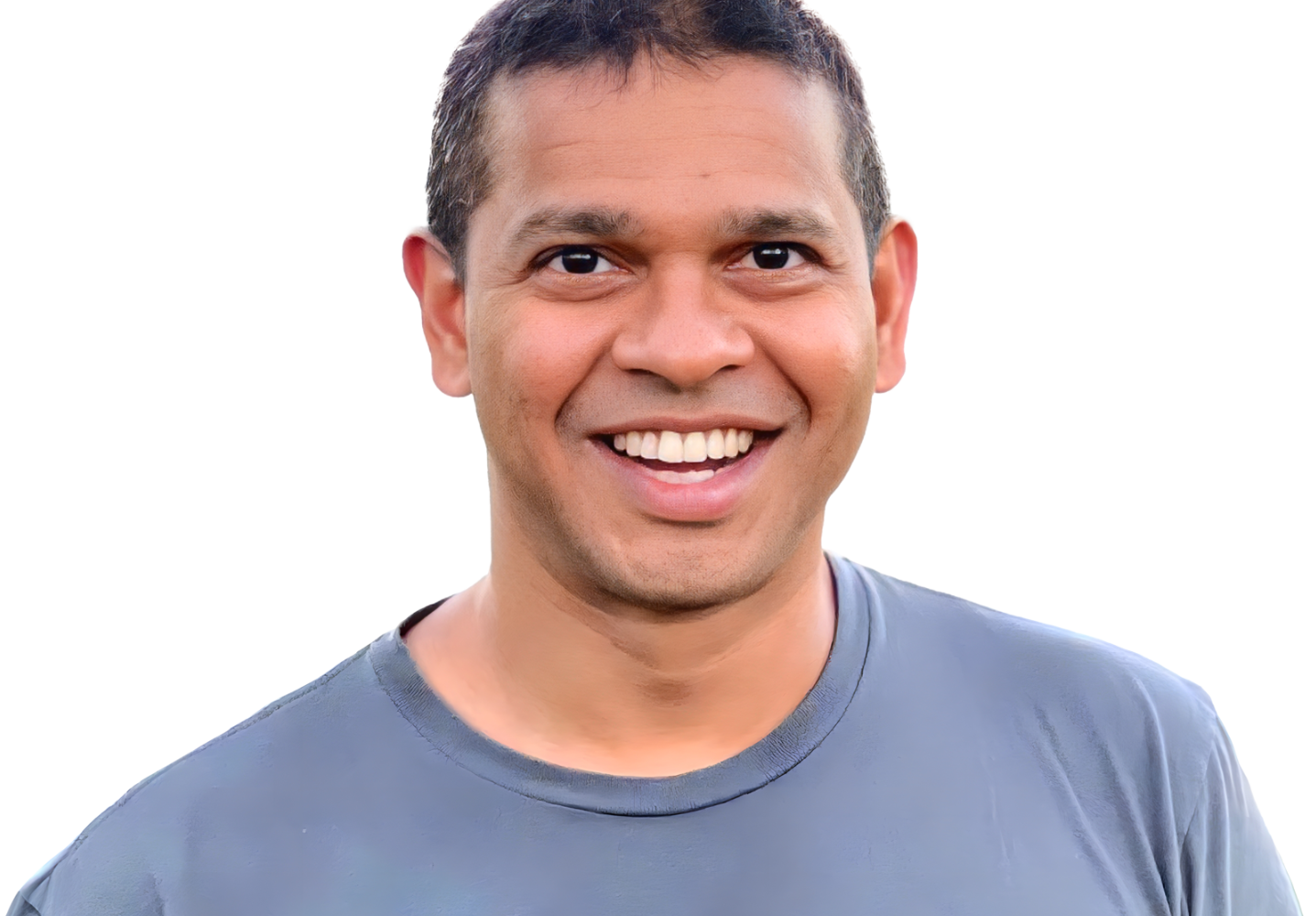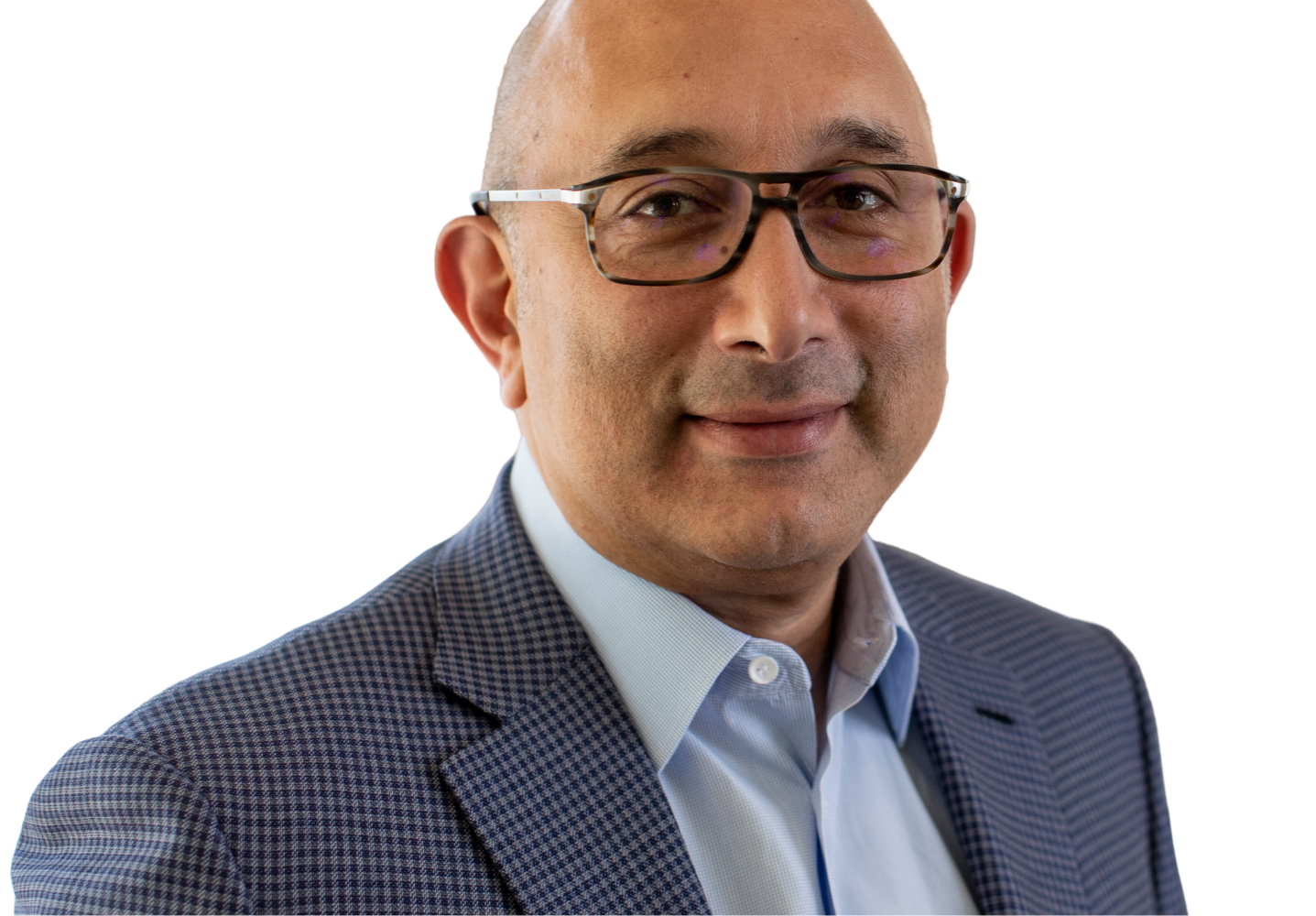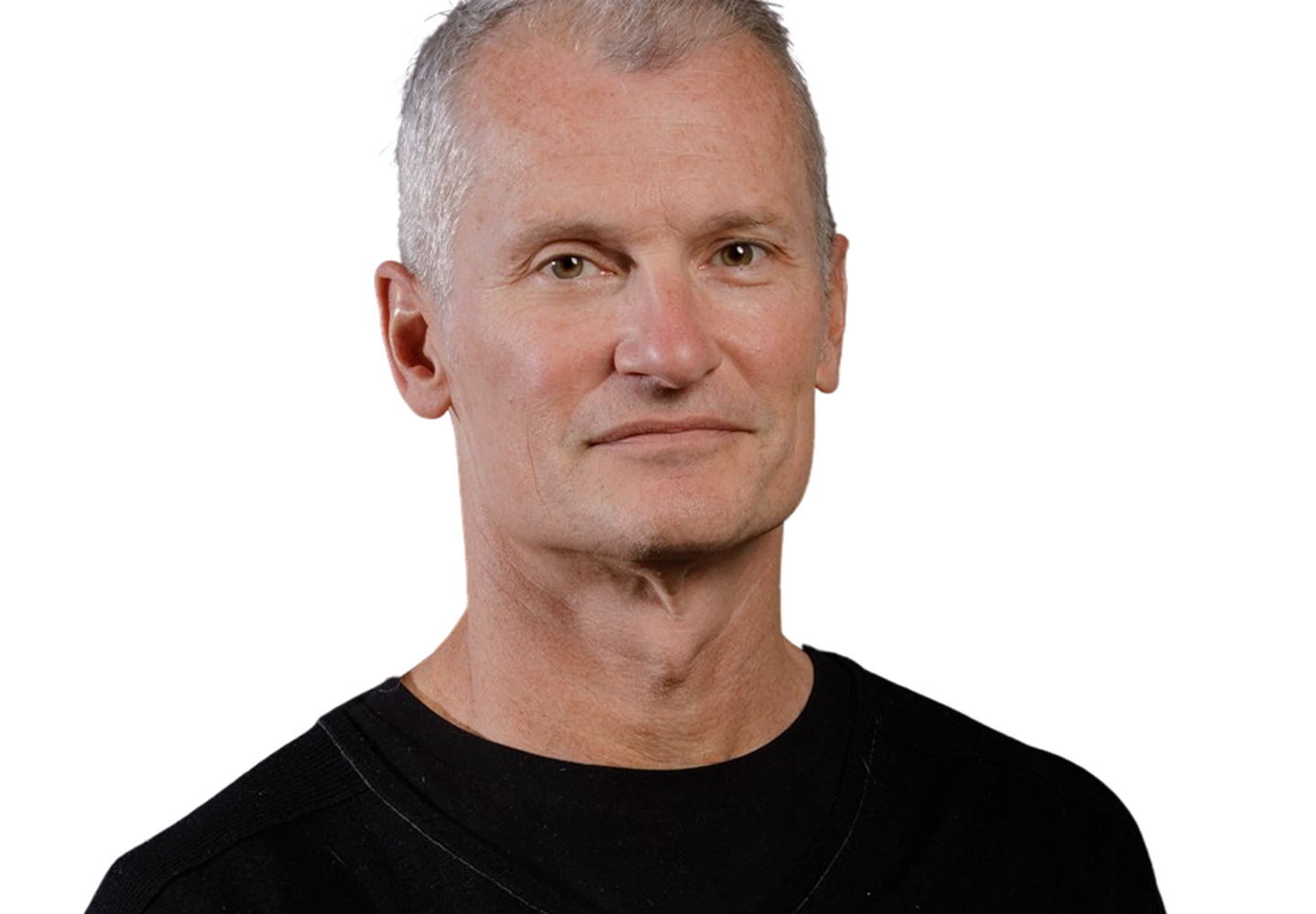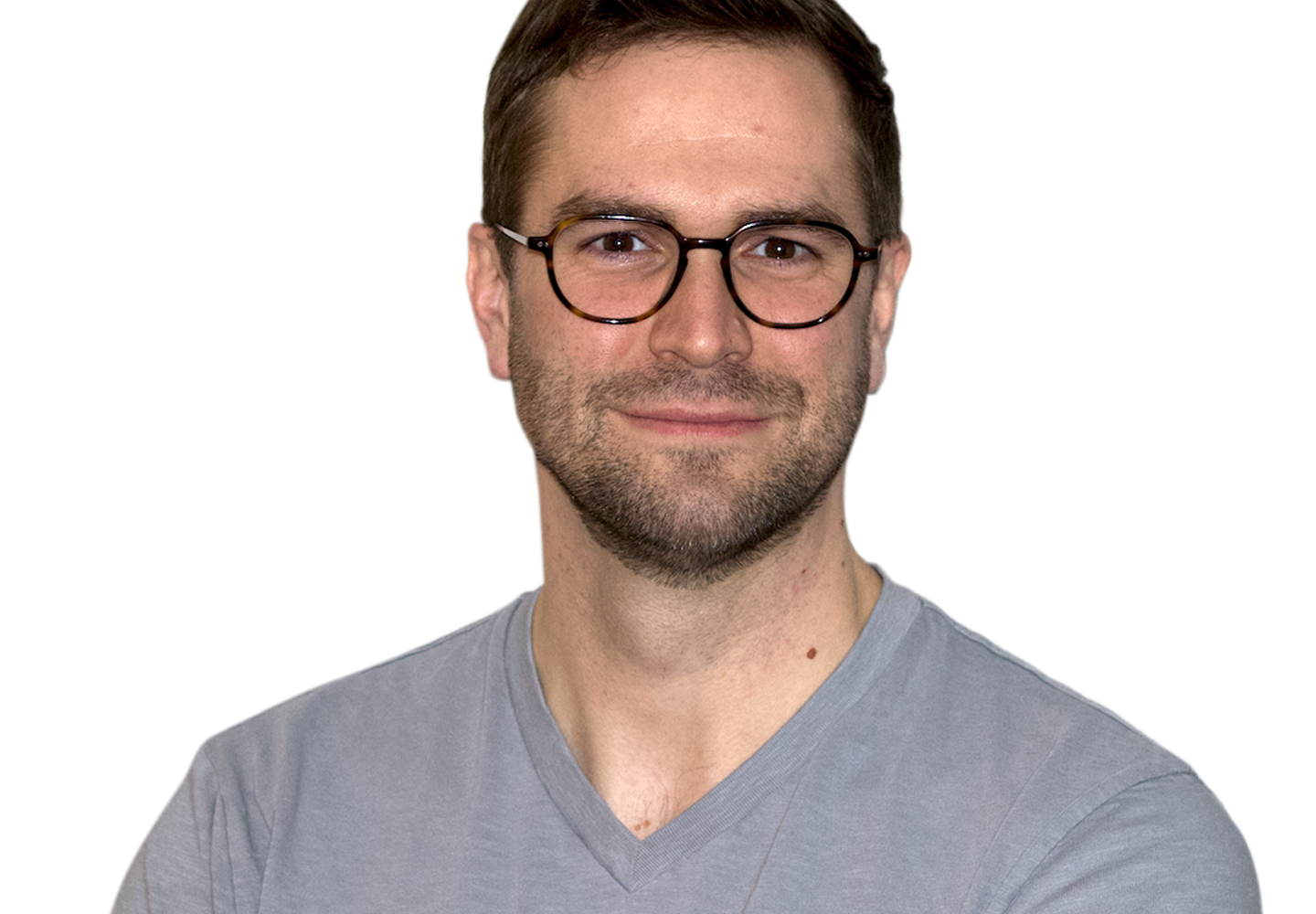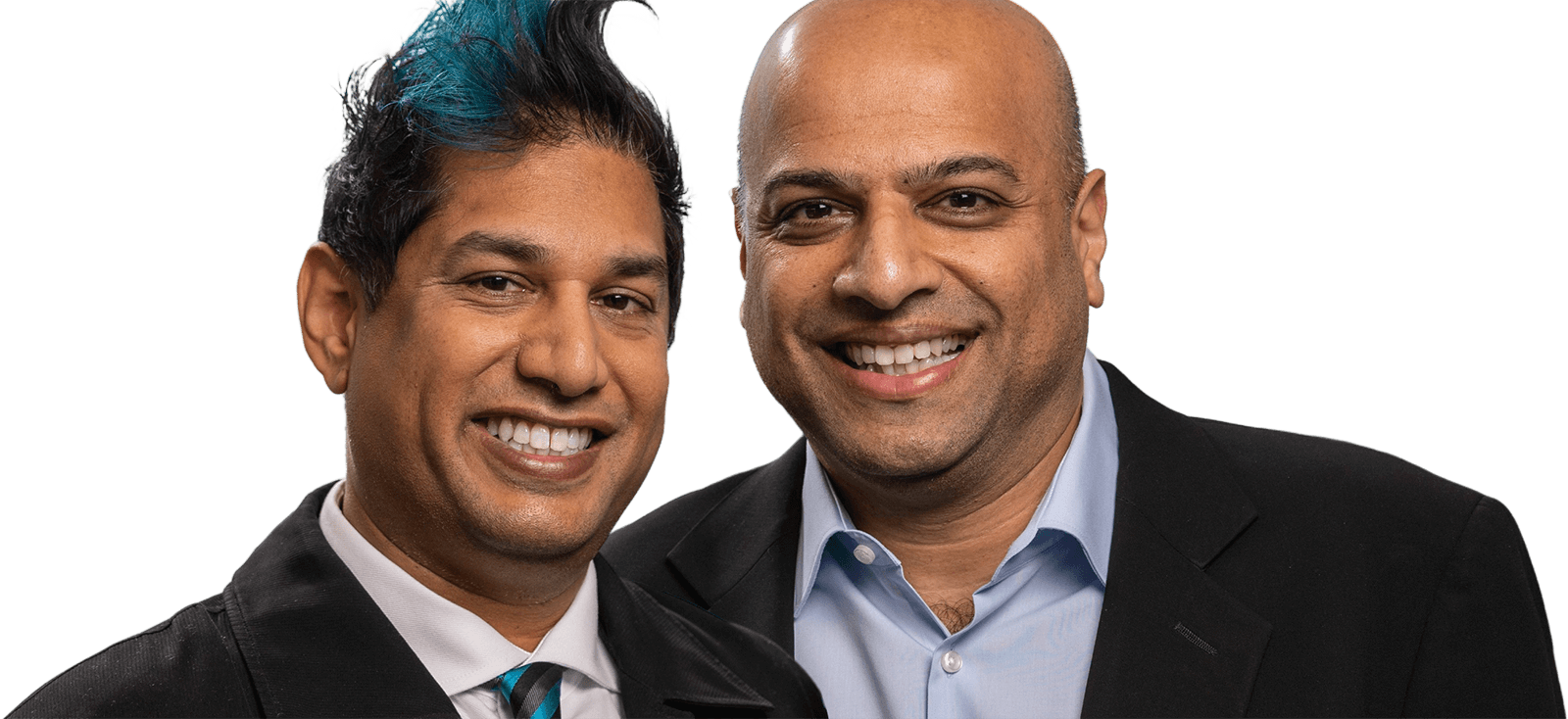What was the problem/the pain point that inspired the creation of A-Alpha, and why were you the right person to tackle that?
A-Alpha is the protein-protein interaction company. For a little bit of scientific context, most proteins behave like puzzle pieces — sticking to each other and creating molecular machines that power our cells, fight infections, and perform many other important biological functions. And one of the most important aspects of proteins is they’re very powerful for treating diseases. Scientists can design proteins that act as drugs or can use other molecules that stick to proteins and block or strengthen interactions.
However, one of the major challenges for the field is that while interactions between proteins are biologically so fundamental, the way they’re measured is incredibly inefficient. You have to express one protein at a time. Then you purify each protein and again, one at a time, measure how two proteins interact with each other. It can cost hundreds or thousands of dollars to measure a single interaction. In the world of protein design and high-throughput biology, which we hope will transform how new drugs are developed, the idea of measurements one at a time just doesn’t cut it.
At A-Alpha, we use synthetic biology — genetically engineered cells — as a tool to measure millions of protein-protein interactions simultaneously. This allows us to discover new drugs with better properties quickly and generate enormous datasets that can be used to train machine learning models that predict how proteins will interact from their sequence and can be used to, for example, predict new antibody sequences that could be effective against newly emergent viruses, improving the speed and reliability of drug discovery.
In terms of why me — this space is highly interdisciplinary and rapidly evolving, so it’s important to have a broad scientific background and an eagerness to learn. My background is at the intersection of protein engineering and synthetic biology. You can think of protein engineering as the need and synthetic biology as one of the key tools that we’re using. As the company has developed, though, there’s been a transition toward needing more and more data science to extract value from the data we generate. We knew data was crucial to our growth from the outset, and that’s where my co-founder, Randolph Lopez, comes in, complementing that side of the equation.
What is it like to work with Madrona?
Madrona participated in our seed round back in 2019, when they didn’t have as deep a history investing in the life sciences. It was a great opportunity for us to get to know them, particularly Matt, and for them to start getting to know us. Madrona then co-led our Series A and Series A extension in 2021 and 2023. That kind of continuity of support has been very important to us.
We have a mix of investors and board members, but most are in the life sciences, which makes me appreciate Madrona’s perspective. I love how Madrona thinks creatively about business models and draws from their experience in other industries. There is a longstanding traditional biotech/biopharma business model: discovering drugs and selling medicines. But in this new age, where data is incredibly valuable, Matt and the Madrona team have really pushed us to think about how we can be creative about business models — including how we can leverage partnerships with pharmaceutical companies to de-risk our platform for new applications, generate valuable data, and have the potential for a sizeable upside. This has been a very valuable component of our board conversations and guiding the company’s strategy.
It has been a wonderful partnership. One aspect of working with Madrona that’s been really special and unique is the community that Madrona creates. For example, in addition to their annual CEO Summit and LP meeting, Madrona, particularly Matt, Chris, and Joe, put together life science dinners and happy hours for the community. They bring together different community leaders, portfolio company CEOs, and other local CEOs to encourage learning from each other and fostering a solid life science community in Seattle and beyond. That is one area where Madrona shines — making connections with the right folks in the ecosystem, whether within the biotech ecosystem — like the Fred Hutch, University of Washington, Allen Institute, Adaptive, Sana, etc. — or at Amazon, Microsoft, or elsewhere, they are always putting people together.
Tell us about a Madrona Moment.
There are many in our many years working with Matt and the team. The one that immediately comes to mind is from a life science dinner that we had with Chris Gibson, CEO of Recursion. I was talking with Matt one day, and I mentioned some feedback I received during a call I had with Chris, who has been one of my mentors for a number of years. Chris lives in Salt Lake City, and Matt thought he would be a perfect guest at one of our life science dinners. Then, just a couple of months later, we were all in Seattle at a dinner table with the life science portfolio having dinner with Chris. It was just so amazing to see the speed with which that happened. It is a testament to the strength of the network that Madrona has cultivated to pull people in from all over to have those types of conversations.
What have you learned about yourself during this process?
I’ve learned that building a startup is very much a team sport — you need to rely on a lot of people. My experience as an academic scientist was to be very self-sufficient. You come up with the project, go into the lab, generate data, and then analyze that data. It wasn’t until building A-Alpha that I experienced the need to rely fully on others. It’s just been a fantastic experience. In the beginning, though, I was somewhat concerned about it. When building a company, you can get so emotionally attached to what you’re building that you want to see every detail through. But, obviously, that doesn’t scale. I’ve learned that building the right team and bringing in people who are smarter and more capable than I am in so many different arenas has allowed me to take a step back and focus on what I need to focus on as CEO. I feel comfortable that all those other aspects of the business are being done with a quality I would not be able to achieve.
What is the most important lesson you have learned during your startup journey?
One of the things I had yet to fully appreciate at the beginning was how important culture is to a company’s success. It’s huge not only in helping to make decisions about who are the right fits for various roles within the organization but also in creating a system by which we can continue to scale and understand that everyone is aligned and working on the right things and in the right ways.
The need to think about culture deliberately wasn’t at all obvious to me from day one. When you’re a small company, you’re in the room for just about every meeting, and you’re having one-on-one contact with every member of the team on a very regular basis. It’s easy to identify anything that might feel like a cultural misalignment. But as the company grows, you have to be much more deliberate about clarifying what it means to be a part of your community. It is something that you certainly hear about in theory — culture and values are really important, right? Then, when the company starts to grow, it becomes abundantly clear how important those aspects are in building a successful company.


